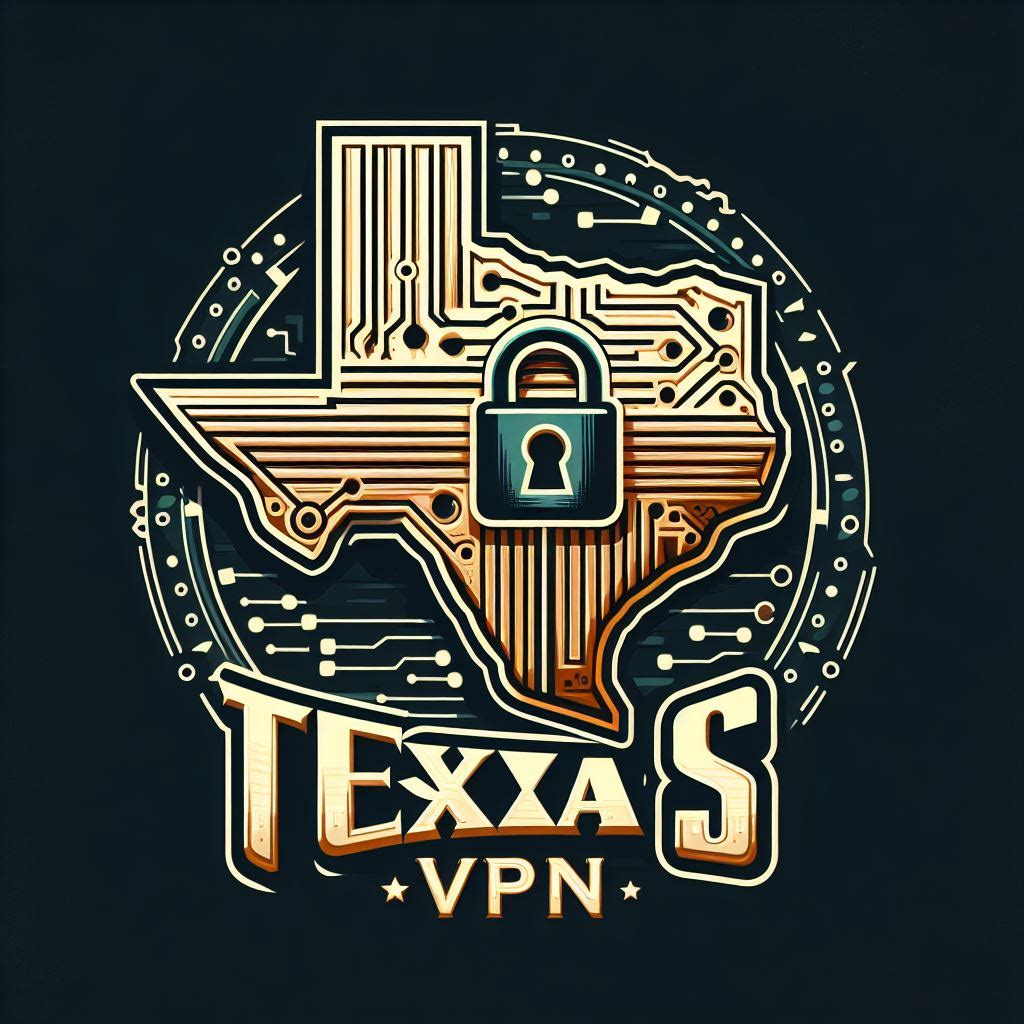In an era where digital privacy is under constant scrutiny, the use of Virtual Private Networks (VPNs) has skyrocketed. VPNs serve as a critical tool for enhancing privacy and security online, allowing users to encrypt their internet traffic and mask their IP addresses. However, the legal stance on VPN usage varies significantly across the globe, influenced by national privacy laws, internet freedom statuses, and specific regional regulations. This article explores the intricate relationship between VPNs and privacy laws, offering insights into navigating the legal landscape of VPN usage.
Understanding VPN Legality
Globally, the legality of VPNs is a complex issue, deeply intertwined with a country’s laws regarding internet use, surveillance, and censorship. In most democratic nations, using a VPN is perfectly legal as long as it’s not employed to conduct illegal activities. Countries like the United States, Canada, the United Kingdom, and Australia, among others, allow the use of VPNs, recognizing the legitimate need for privacy and security online.
However, the situation differs in countries with restrictive internet policies. Some governments regulate or outright ban the use of VPNs to control information flow and monitor citizens’ internet activities. These measures are often justified by authorities as necessary for national security or to enforce local laws.
Countries with Restricted VPN Usage
- China: Known for its “Great Firewall,” China heavily regulates internet access and bans most foreign VPN services. However, government-approved VPNs, which likely comply with surveillance requirements, are allowed.
- Russia: Russia has banned the use of VPNs that do not comply with its extensive internet censorship laws. Only approved VPNs, which assist the government in blocking access to prohibited content, are legal.
- Iran: Iran restricts VPN usage to only those approved by the government, mainly to control access to the global internet and enforce internet censorship.
- United Arab Emirates (UAE): In the UAE, VPN use is legal for companies, institutions, and banks but restricted for individuals, especially if used to commit crimes or prevent the discovery of a crime.
The Implications of VPN Usage
For individuals in countries with unrestricted internet access, VPNs offer a means to protect privacy and bypass geo-restrictions. In regions with internet censorship, VPNs can provide access to uncensored information and international news, albeit with potential legal risks.
Best Practices for VPN Use
- Understand Local Laws: Before using a VPN, it’s crucial to familiarize yourself with the local regulations regarding VPN usage to avoid unintentional legal issues.
- Choose Reputable VPN Services: Opt for VPN providers known for strong privacy policies and robust encryption protocols. This is especially important in countries with stringent internet surveillance.
- Use for Legitimate Purposes: Employ VPNs for enhancing privacy and security, such as protecting your data on public Wi-Fi networks, and not for engaging in illegal activities.
Conclusion
Navigating the legal landscape of VPN usage requires a delicate balance between leveraging the privacy and security benefits of VPNs and adhering to national laws and regulations. While VPNs remain legal and widely used in many parts of the world, certain countries impose restrictions or outright bans. Understanding the legal context in your region and using VPNs responsibly is paramount for individuals looking to protect their digital privacy without running afoul of the law. In a world where digital freedom varies greatly, VPNs play a critical role in enabling secure and private internet access for many.

Leave a Reply